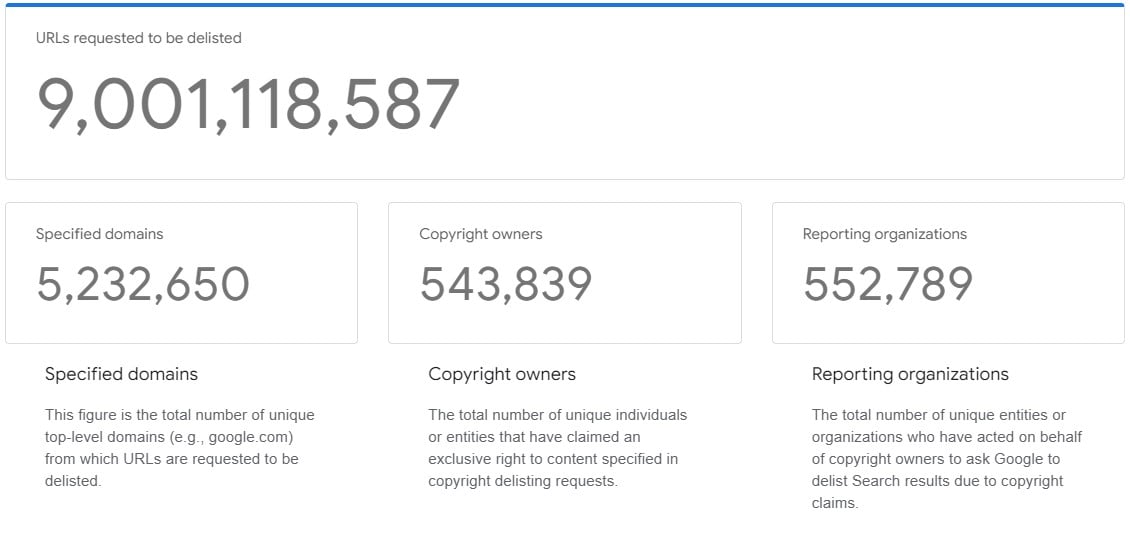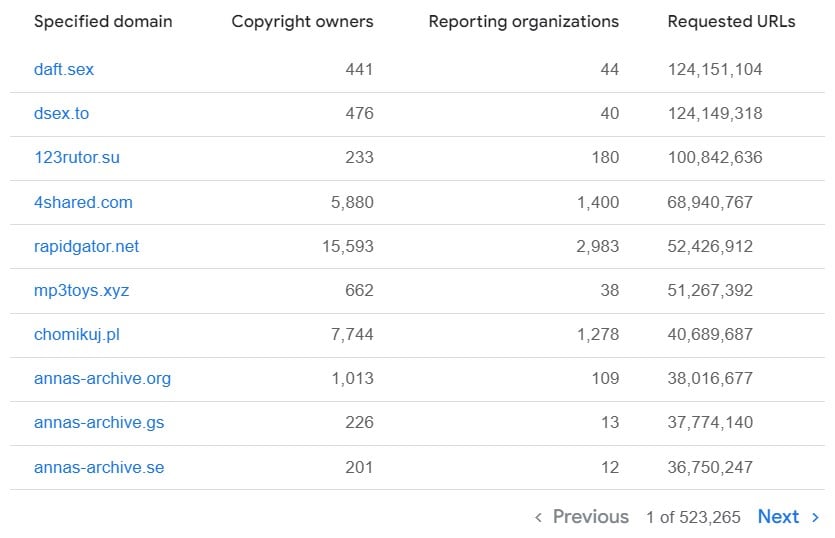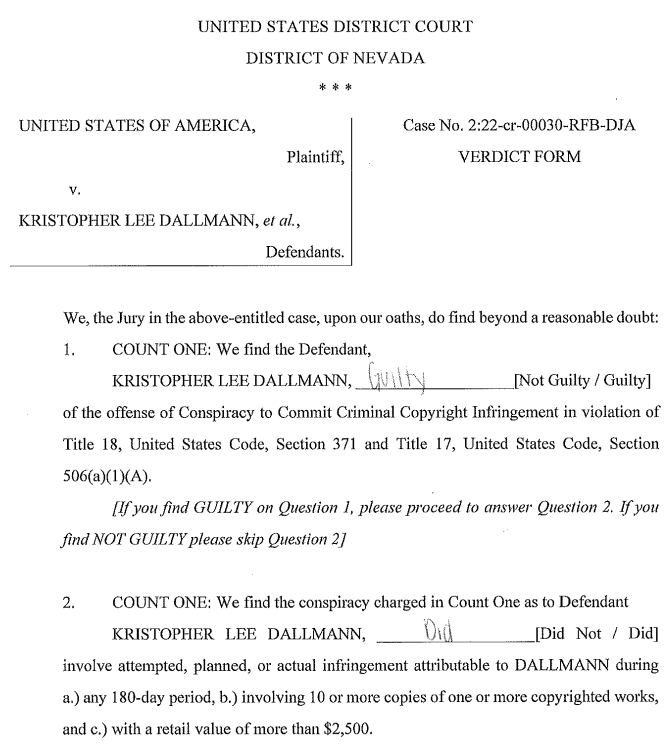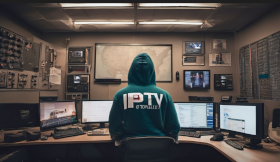-
chevron_right
Filmmakers Legal Battle Over Reddit Users’ IP Addresses Heads to Appeal
news.movim.eu / TorrentFreak · Wednesday, 26 June, 2024 - 21:23 · 3 minutes
 Early last year, a group of filmmakers
obtained a subpoena
that required Reddit to reveal the identities of users who commented on piracy-related topics.
Early last year, a group of filmmakers
obtained a subpoena
that required Reddit to reveal the identities of users who commented on piracy-related topics.
The movie companies, including Voltage Holdings and Screen Media Ventures, said they were not planning to go after these people in court but wanted to use their comments as evidence in an ongoing piracy lawsuit against Internet provider RCN .
Reddit wasn’t pleased with the intrusion. The company objected, arguing that handing over the requested information would violate its users’ right to anonymous speech. Reddit later responded similarly to a second subpoena request.
The movie companies took these cases to a federal court, asking it to compel Reddit to comply. The court refused to do so in the two mentioned cases, and this year followed a third rejection , related to the case against Internet provider Frontier Communications .
Movie Companies Persist
The courts concluded on several occasions that the movie companies have other options to obtain the type of corroborative evidence they’re looking for. For example, they can target the Internet providers’ subscribers who are central to the lawsuits, instead of commenters on a third-party platform such as Reddit.
The movie companies received the message loud and clear but still don’t agree. A few weeks ago, they asked for a ‘de novo’ review of their request for Reddit subscriber data at the California court. To their disappointment, that was denied as well, without much detail.
The rightsholders clearly haven’t had much success thus far, but they’re not giving up so easily. This week, they informed the court that the matter will be appealed at the U.S. Court of Appeals for the Ninth Circuit.
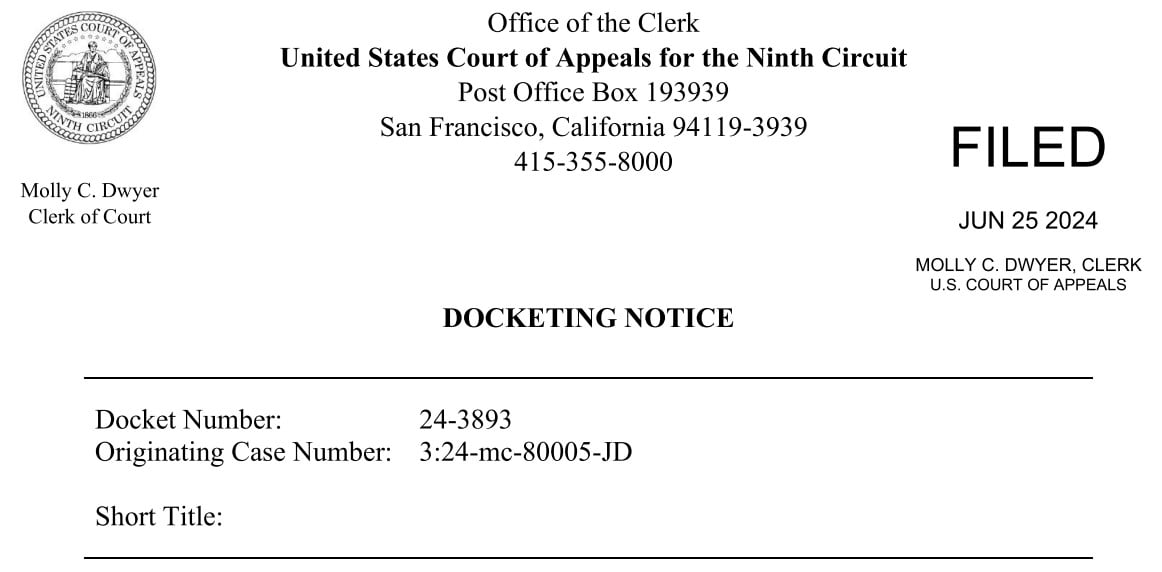
Protecting Anonymous Speech
The movie companies haven’t filed their opening brief yet and have until mid-September to do so. However, based on earlier filings, we can take a guess at some of the arguments that will be included.
Previously, the rightsholders argued that the comments from Redditors are key evidence to show that Frontier Communications didn’t implement a suitable repeat infringer policy, and that this subsequently acted as a draw to pirating subscribers.
Reddit never rejected this argument, but countered that their users’ constitutional right to anonymous speech outweighs the interests of the movie companies, especially when the rightsholders have other ways to obtain similar evidence.
Anonymous IP-Address?
The filmmakers’ latest request for subscriber data was more focused than previous ones, asking only for the IP-addresses of the Redditors.
In court, they reasoned that an IP address is not necessarily ‘unmasking’ personally identifying information. Therefore, the rights to anonymous speech would not be an issue here.
Reddit countered by pointing out that IP addresses can be connected to subscriber data by the relevant ISP. In that case, it would certainly identify ‘someone’, albeit with an extra step.
To strengthen this argument, Reddit pointed out that the movie companies previously used a Redditor’s IP address to obtain the name and address of a subscriber, requesting their torrenting history and more .
To be Continued
Whether the ninth Circuit will be more receptive to the filmmakers’arguments has yet to be seen. However, this case is far from over, and its outcome will be important for similar cases in the future.
Meanwhile, the filmmakers can also try to obtain similar evidence directly from allegedly pirating Frontier subscribers in the underlying case .
Last month, the U.S. Bankruptcy Court for the Southern District of New York ruled that Frontier must share the personal details of allegedly pirating subscribers with the movie companies. However, they are not allowed to ‘harass’ them.
In theory, these subscribers may provide the filmmakers with all the evidence they need. For now, however, they are not planning to let the Reddit matter go, and the appeal will move forward.
From: TF , for the latest news on copyright battles, piracy and more.


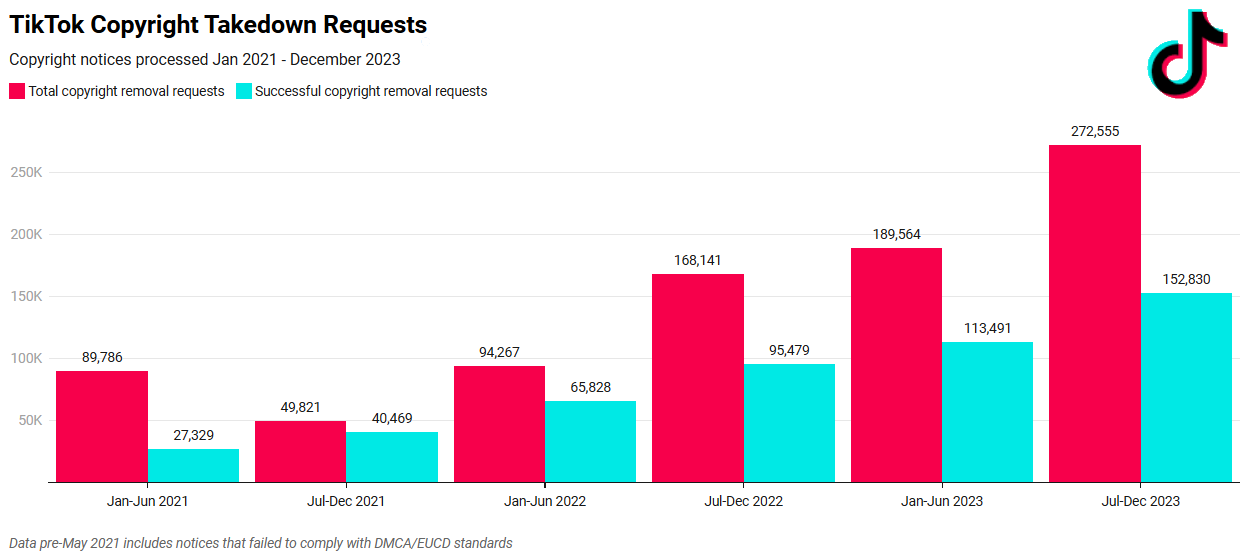




 The M3U file format has been around for more than a quarter-century. In essence, it links to a streamable media file that can be loaded through media players.
The M3U file format has been around for more than a quarter-century. In essence, it links to a streamable media file that can be loaded through media players.
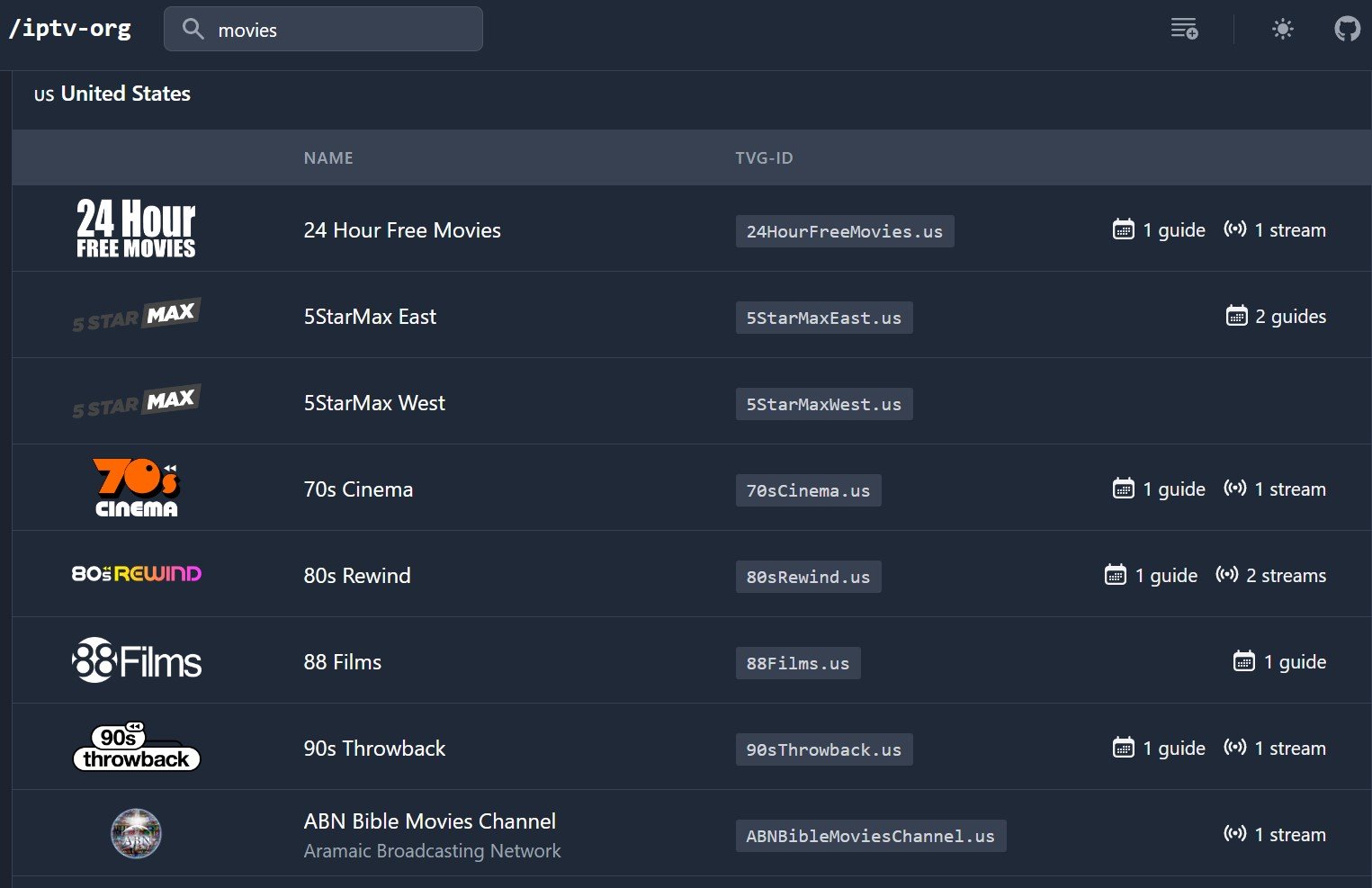

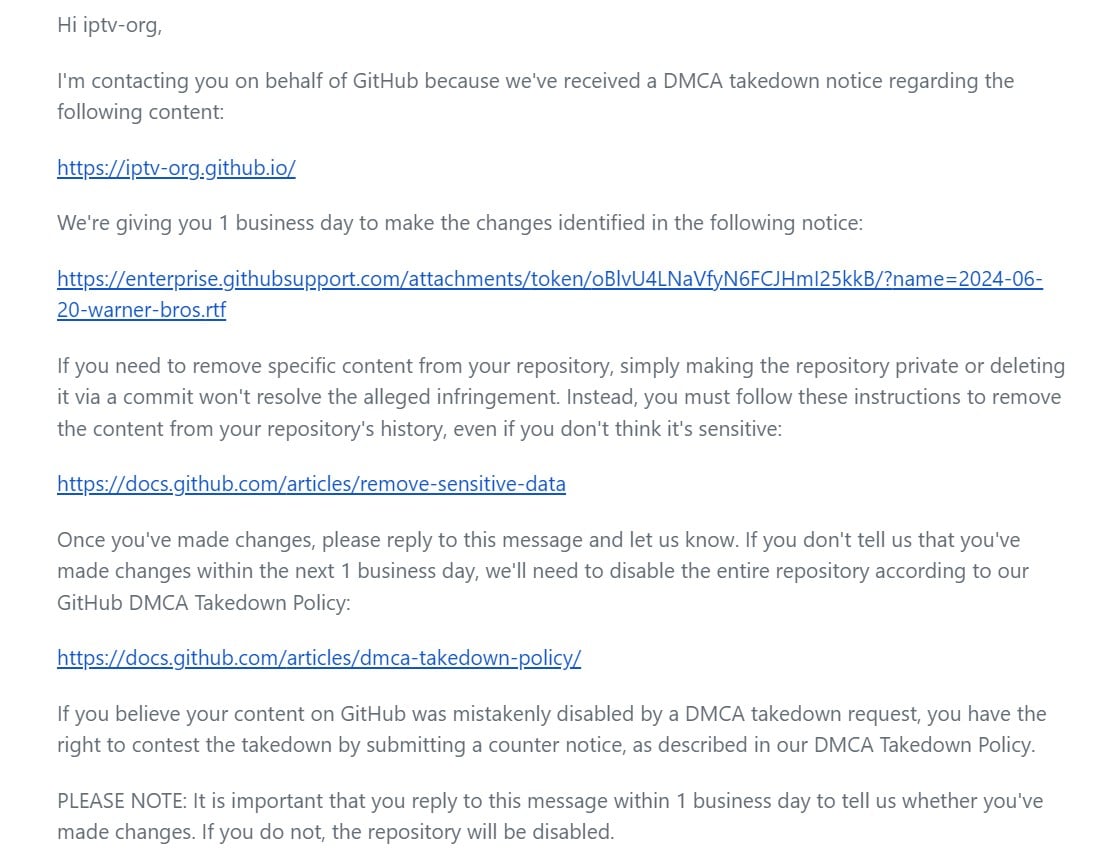




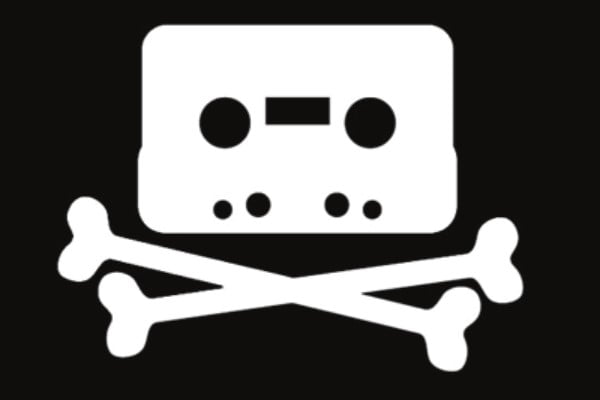 Following the example of the United States, the EU began publishing its very own
Following the example of the United States, the EU began publishing its very own

 Google started keeping track of all incoming DMCA takedown notices at the beginning of the last decade.
Google started keeping track of all incoming DMCA takedown notices at the beginning of the last decade.
